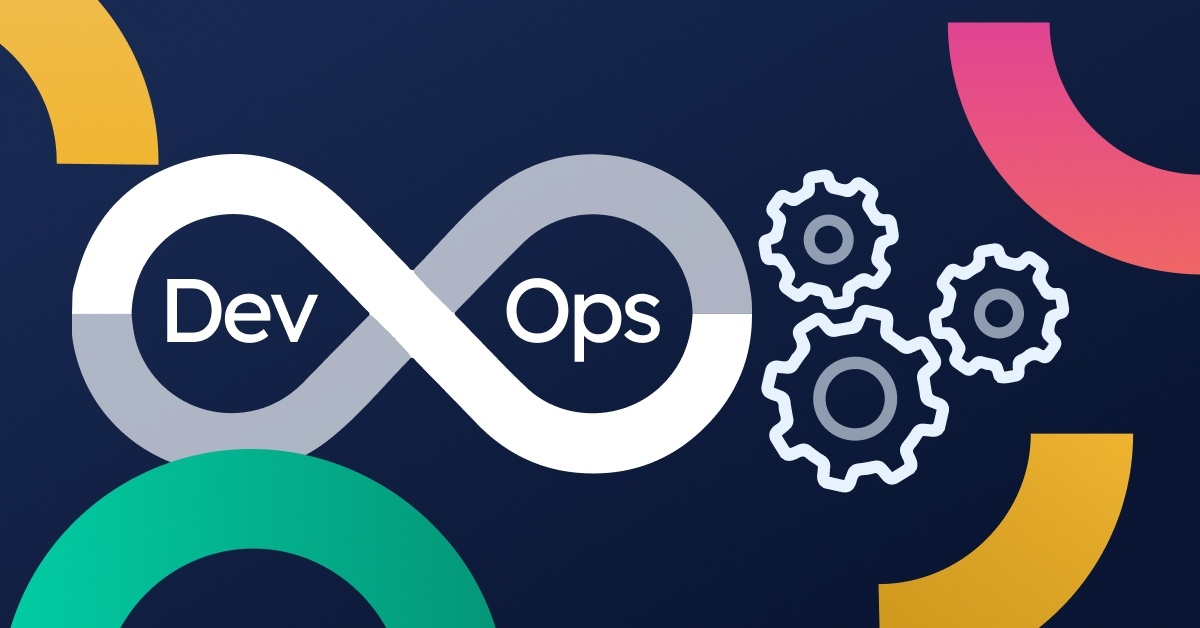
DevOps tools are instrumental in the development, configuration, and management of software applications. They ensure organizations deliver consistent, relevant, and timely software updates. For a thorough understanding, explore this guide on DevOps.
The right DevOps tools can significantly enhance your efficiency and job satisfaction, saving you time, money, and effort. However, the wrong tools can complicate your processes. Learn more about essential DevOps skills here: DevOps Skills.
Automating deployment tasks with the right DevOps tools is key to achieving effective continuous integration and continuous delivery. In this blog post, we will review twenty top DevOps tools and how they can elevate your capabilities as a DevOps engineer. Discover more in this detailed guide on DevOps engineering.
What is DevOps Tools – An Overview
But what exactly are DevOps tools? DevOps tools are crucial for modern technology teams. They enable developers, operations engineers, and IT professionals to collaborate effectively, increasing efficiency and streamlining workflows.
These tools are the foundation of any DevOps team, automating and simplifying processes so developers and system administrators can focus on creating excellent products rather than dealing with deployment complexities.
However, with so many DevOps technologies and tools available, it can be difficult to know where to begin.Let’s delve into some of the most widely used DevOps tools.
2024 DevOps Tools: A Complete Guide
In this detailed list of DevOps tools, we’ll examine the top 20 DevOps tools for 2024. Utilizing these tools will help you sustain a high-performing and efficient development environment.
Site24x7
Site24x7 offers a lightweight solution for overseeing the performance of your applications and websites. It sends alerts for detected issues and automates fixes tomaintain uninterrupted service.
Selenium
Selenium is a powerful framework for automating the testing of web applications across different browsers. It allows for the simulation of user interactions and integrates seamlessly with other testing tools for comprehensive functional, integration, and end-to-end testing.
JIRA
JIRA is an agile project management tool that supports various methodologies including Scrum and Kanban. It provides features like real-time reporting, customizable workflows, and effective issue tracking to streamline project management.
Git
Git is a widely-adopted version control system that facilitates collaborative development through distributed repositories. Each developer has their own local repository, which can be merged with a central repository to synchronize changes.
Helm
Helm is a tool designed to simplify the deployment and management of applications within Kubernetes environments. It uses Helm charts, which are packages of pre- configured Kubernetes resources, to streamline the process of installing, updating, and managing applications. Helm allows developers to manage complex applications
more easily by providing a consistent way to define and handle Kubernetes resources,
making the deployment process more efficient and reliable.

Manage Engine Applications Manager
ManageEngine Applications Manager is a comprehensive tool for managing the entire software lifecycle. It includes functionalities for release management, automated testing, and DevOps pipeline management, along with real-time performance monitoring.
GitLab CI/CD
GitLab CI/CD is an integrated continuous integration and continuous delivery tool that helps automate the software development lifecycle. It is part of the broader GitLab suite, offering a unified platform for source code management, CI/CD, and monitoring.
Puppet
Puppet is a tool for configuration management that automates the administration of infrastructure across diverse environments such as Linux, Windows, and cloud services like AWS. It helps manage and scale infrastructure efficiently.
SVN
SVN (Subversion) is a well-established version control system that records changes to files over time. It provides an accessible way to manage file versions and supports collaborative development efforts.
Maven
Maven is a project management tool that handles building, testing, and documenting software projects. It centralizes project information to ensure consistent processes and outcomes throughout the project lifecycle.
Apache Ant
Apache Ant is a build automation tool primarily for Java applications. It simplifies the process of managing Java archives (JARs) by automating tasks such as downloading, compiling, and installation.
SolarWinds DevOps
SolarWinds DevOps integrates Jenkins with a suite of additional tools to enhance application delivery. It aims to improve quality, security, and compliance while accelerating the deployment process.
SignalFx
SignalFx offers real-time monitoring to identify performance issues and system bottlenecks. It is especially useful for tracking the performance of cloud-based infrastructure, applications, containers, and microservices.
Ansible
Ansible is an automation tool for managing both cloud and on-premises infrastructure. It operates through agents on managed systems, which receive instructions from a central server to execute various tasks.
Prometheus
Prometheus is an open-source monitoring system designed for large-scale environments. It employs a pull-based model for metric collection, which helps reduce overhead and increase monitoring efficiency.
Firewall Analyzer
Firewall Analyzer is a tool that helps detect network vulnerabilities and manage firewall security through a web-based interface, making it easier to monitor and maintain network safety.
Chef
Chef is an automation tool that supports the configuration and deployment of applications across various environments, including cloud platforms and on- premises data centers. It streamlines infrastructure management through its cloud- based framework.
Catchpoint
Catchpoint provides monitoring for websites, mobile applications, and APIs. It offers real-time performance metrics and insights into user experience and application effectiveness.
PagerDuty
PagerDuty is an incident management platform that helps manage and resolve incidents efficiently. It provides real-time alerts and automated response features to handle critical issues effectively.
Splunk Cloud
Splunk Cloud is a log management and analytics solution that aggregates data from
multiple sources. It analyzes this data to generate actionable insights, enhancing IT
security and operational efficiency.
Benefits of DevOps Tools
DevOps tools are essential to modern software development, streamlining processes and enhancing team management efficiency.
Here are some of the key advantages of using DevOps technologies and tools :
- Accelerated Deployment: DevOps tools enable quicker code deployments, allowing you to bring new features to market faster and potentially boost
revenue.
- Enhanced Testing: They facilitate easy testing of new features, ensuring they are fully prepared before release.
- Improved Collaboration: These tools support effective teamwork by allowing global access to shared information, making it easier for teams to collaborate regardless of their location.
Which DevOps tools are right for your team?
It varies based on your specific needs. With the extensive range of DevOps tools available, each offering unique strengths and weaknesses, there isn’t a universal solution. Before selecting a tool, consider the following questions :
- Does my team need agile project management? If so, JIRA might be the right choice.
- Do we need tools for infrastructure management? In that case, Chef or Puppet could be suitable.
-
- Do we want to ensure thorough testing of our code before deployment? If that’s the goal, Jenkins might be the tool to consider
DevOpsTools
DevOpsAutomation
InfrastructureAsCode
“DevOps is the evolution of IT, where agile practices meet operational excellence.”
-Nicole Forsgren

Previous Blog

Next Blog
FAQ
What are DevOps Tools ?
The DevOps tools are used by the developers and the operations team to
increase the efficiency of software development and deployment.
How many types of tools are used in Devops ?
There are many different types of tools used in DevOps, with the most common being:
- Continuous integration.
- Continuous delivery.
- Configuration management (CM).
- Database migration and automation.
Which is the right DevOps tool for your team ?
The best way to choose is by knowing what your team needs in a DevOps tool. The
right devops tool will depend on your answer to these questions.
- What kind of project management do we need?
- What kind of product management do we need?
- Do we have continuous integration and continuous delivery set up? If not, do we need this feature?
What is the best DevOps tool ?
- Jenkins.
- Ansible.
- Chef.
- Puppet.
Comment






